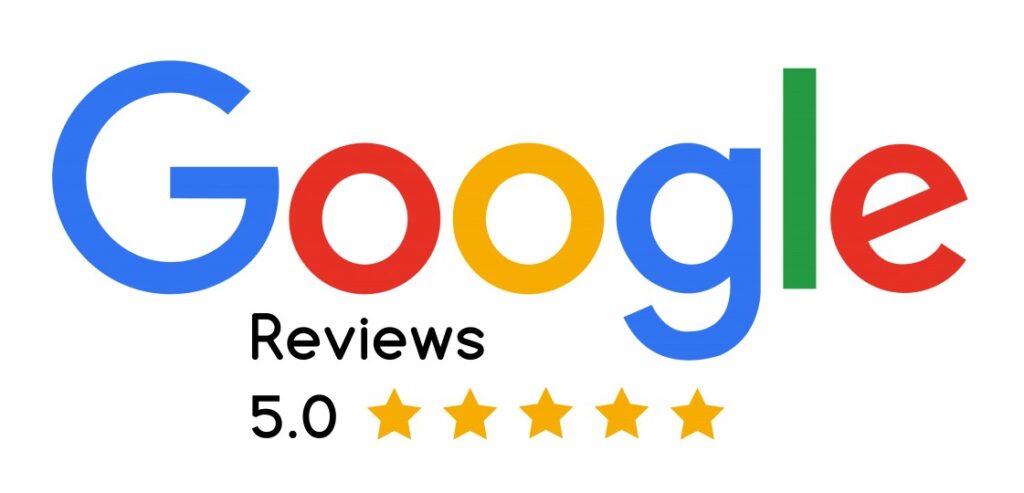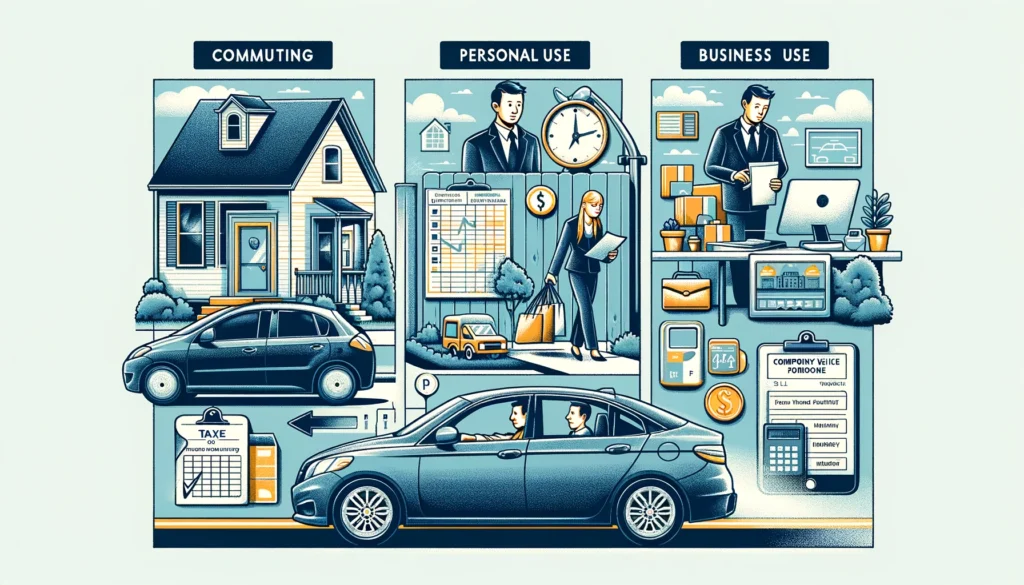Understanding Business Use of Vehicles: When is Your Drive a Commute, Personal, or Business Use?
In the business world, vehicles play a crucial role in day-to-day operations, from delivering products to meeting clients. However, distinguishing when a drive counts as commuting, personal, or business use can be complex. This distinction is important for tax purposes, expense tracking, and compliance. In this blog, we’ll explore the differences between these categories, their implications for your business, and how to effectively manage vehicle usage to maximize benefits and minimize risks.
What Counts as Commuting?
Commuting refers to the routine travel between an employee’s home and their primary place of work. This daily journey, whether it’s by car, public transport, or any other means, is considered a personal expense and not a business one. Consequently, commuting costs, including fuel and vehicle maintenance, are typically not tax-deductible for businesses.
Understanding commuting as a non-deductible expense is crucial for accurate financial planning and tax compliance. For instance, a sales representative driving from home to the office and then to client meetings must distinguish between the non-deductible commute and the deductible business travel. Proper documentation of these segments can help in accurate expense reporting and avoiding issues during tax audits.
Personal Use of Vehicles
Personal use encompasses any travel that is not work-related. This includes running personal errands, recreational trips, or any other non-business-related activities. When a vehicle owned or leased by a business is used for personal reasons, these expenses are often considered fringe benefits. Businesses need to track personal mileage carefully to ensure accurate reporting and compliance with tax regulations.
Personal use of company vehicles can present challenges for both employers and employees. For instance, an employee using a company car for a weekend getaway must track the mileage for personal use. This tracking ensures that personal mileage does not get mixed with business mileage, maintaining clear records for tax purposes. Accurate logs prevent potential conflicts and ensure that employees’ use of company vehicles complies with company policies and tax laws.
Defining Business Use
Business use involves any travel directly related to conducting business activities. This can range from delivering goods, attending client meetings, traveling between different work sites, or other work-related tasks. Expenses incurred during such trips, like fuel, maintenance, and depreciation, are generally tax-deductible. However, it’s crucial to distinguish clearly between business and personal use to avoid potential tax issues.
For example, a construction company’s vehicle used to transport materials and workers to various job sites is considered business use. Documenting these trips with detailed logs and receipts for fuel and maintenance can substantiate the business nature of the expenses, allowing for proper tax deductions. Clear guidelines and thorough record-keeping can help businesses claim legitimate deductions while maintaining compliance with tax regulations.
Key Factors in Classification
Purpose of Travel
The primary determinant of whether a trip is considered commuting, personal, or business is its purpose. Travel for work-related activities is classified as business use, whereas trips for personal reasons or daily commutes fall into the other categories.
For instance, a lawyer driving from the office to a court appearance is engaging in business use. On the other hand, driving from home to the office in the morning is considered commuting. Understanding the purpose of each trip and maintaining detailed records can help businesses accurately classify and document vehicle use.
Duration and Frequency
Regular, daily travel to and from the workplace is considered commuting. Occasional trips for business purposes are classified as business use. Recognizing patterns of usage can help businesses establish guidelines for expense reimbursement and tax reporting.
Consider a scenario where a sales manager travels to various client locations a few times a week. While their daily drive to the office is a commute, the trips to client sites are business-related. By documenting the frequency and purpose of these trips, businesses can ensure accurate classification and proper tax treatment.
Documentation and Record-Keeping
Maintaining detailed records is crucial for distinguishing between different types of vehicle use. This includes keeping mileage logs, documenting the purpose of each trip, and saving receipts for expenses. Proper documentation supports tax claims and ensures compliance with regulations.
For example, a delivery company might use GPS tracking to automatically log mileage and route details for each trip. Coupled with receipts for fuel and maintenance, these records provide comprehensive documentation for tax purposes. Implementing such systems can streamline record-keeping and ensure that all vehicle use is accurately documented.
Implications for Businesses
Tax Deductions
Accurate classification of vehicle use is essential for maximizing tax deductions. Business-related expenses, such as fuel, maintenance, and depreciation, are typically deductible. Properly tracking these expenses can reduce a business’s tax liability and improve financial performance.
Consider a consulting firm that reimburses employees for business travel in their personal vehicles. By maintaining detailed mileage logs and receipts, the firm can accurately claim these expenses as deductions, lowering their overall tax burden. This meticulous approach ensures that all eligible expenses are accounted for and deducted appropriately.
Compliance and Risk Management
Misclassifying vehicle use can lead to compliance issues and financial risks. Incorrectly claiming personal or commuting expenses as business deductions can trigger audits and result in penalties. Establishing clear policies and tracking systems helps mitigate these risks.
For instance, a company might develop a policy requiring employees to log all vehicle use and submit monthly reports. Regular audits of these logs can identify any discrepancies and ensure compliance with tax laws. By proactively managing vehicle use, businesses can avoid potential pitfalls and maintain accurate records.
Cost Management
Understanding the breakdown of vehicle use enables better cost management. Identifying excessive personal or non-essential travel can help businesses implement cost-saving measures. This might involve encouraging alternative transportation for commuting or setting clear reimbursement policies for business travel.
For example, a company noticing high personal use of business vehicles might introduce a policy limiting such use or require employees to cover personal mileage costs. This approach can help reduce unnecessary expenses and optimize the use of company resources.
Best Practices for Managing Vehicle Use
Implement Clear Policies
Establishing clear policies regarding vehicle use can help ensure consistency and compliance. Policies should outline acceptable use, documentation requirements, and reimbursement procedures. Regular training sessions can help employees understand and adhere to these guidelines.
Use Technology for Tracking
Leveraging technology, such as GPS tracking and mileage logging apps, can streamline the process of tracking vehicle use. These tools can automatically record trip details, reducing the administrative burden on employees and ensuring accurate records.
Regular Audits
Conducting regular audits of vehicle use records can help identify any inconsistencies or areas for improvement. These audits can ensure that all vehicle use is appropriately classified and documented, supporting accurate tax reporting and compliance.
Educate Employees
Regularly educating employees about the importance of accurate vehicle use classification and documentation can foster a culture of compliance. Providing training on how to use tracking tools and maintain records can help ensure that all employees understand their responsibilities.
Review and Update Policies
As business needs and tax regulations evolve, it’s important to review and update vehicle use policies regularly. Staying informed about changes in tax laws and adjusting policies accordingly can help businesses remain compliant and optimize their tax strategies.
Conclusion
Effectively distinguishing between commuting, personal, and business use of vehicles is crucial for any business. By understanding these categories and maintaining accurate records, businesses can optimize tax deductions, ensure compliance, and manage costs more efficiently. Clear guidelines and robust documentation practices empower businesses to leverage their vehicles as valuable assets, driving growth and success.
In summary, the key to successful management of vehicle use lies in understanding the distinctions between commuting, personal, and business use, and implementing effective policies and tracking systems. By doing so, businesses can navigate the complexities of vehicle use, maximize tax benefits, and maintain compliance with regulations.



